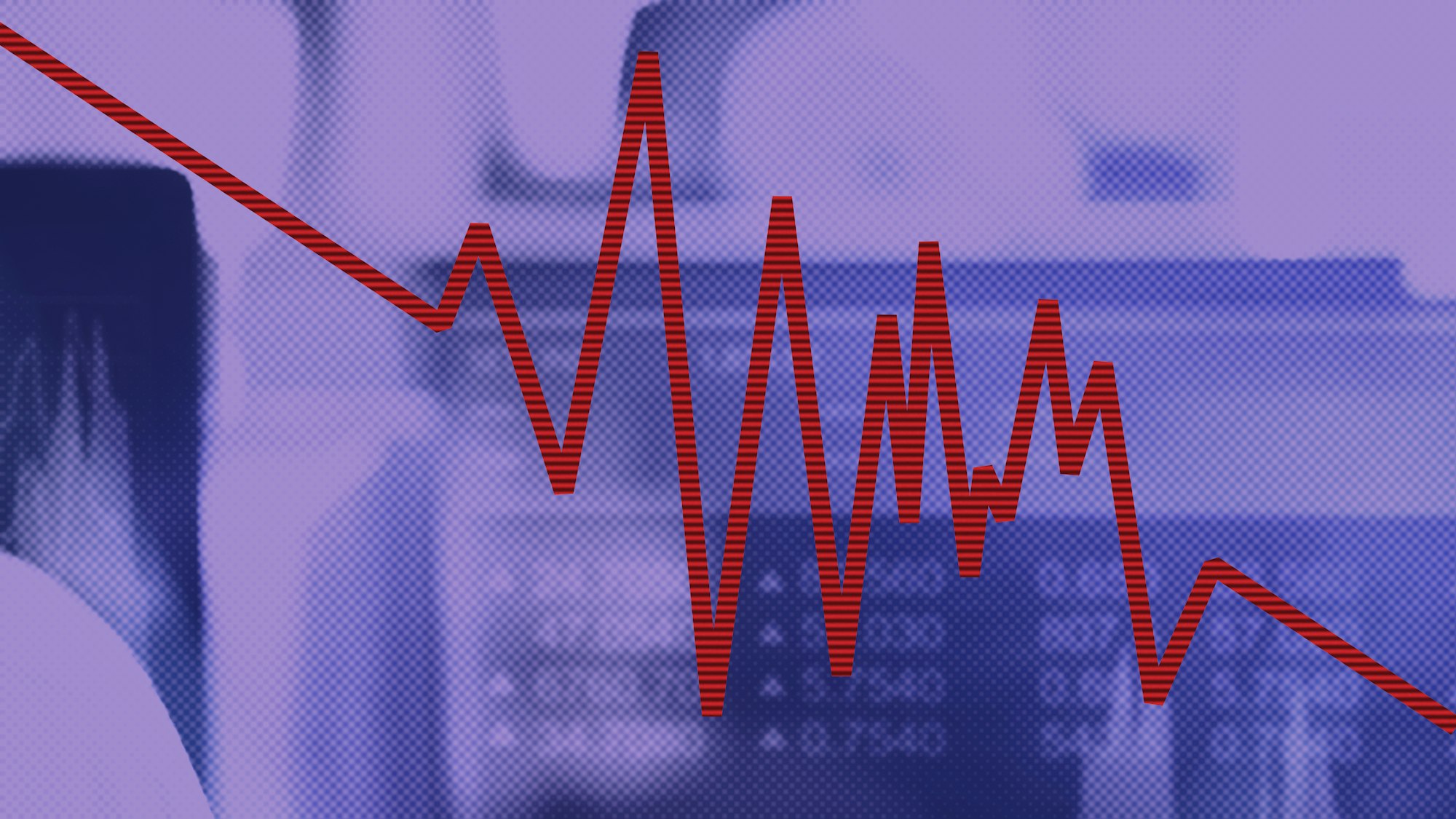Introduction
The stock market can sometimes drop quite a lot in a short time, and this is often called a ‘plunge’. These big drops can happen because of different reasons and they can affect investors, companies, and whole economies.

Why Do Stock Markets Plunge?
- Economic Problems: If reports show that the economy isn’t doing well—like if there’s low growth, high inflation, or more people are unemployed—investors might start to worry.
- Political Troubles: Elections, wars, or big changes in government rules can make investors nervous because they don’t know what’s going to happen next.
- Big Global Events: Things like global health crises, natural disasters, or big changes in world trade rules can also shake up the stock markets.
- Tech Changes: New tech developments or major cybersecurity issues can disrupt markets too.
- Risky Betting: Sometimes, investors make risky bets on the market with borrowed money, which can lead to big problems if everyone tries to sell off their stocks at once.
What Happens When the Market Plunges?
- Losses for Investors: This can hit both big and small investors pretty hard.
- Economic Downturn: If people and companies invest less money, the economy might start to slow down, which can even lead to a recession.
- New Rules and Policies: To fix things, governments and financial authorities might bring in new economic policies or rules.
How Do Markets Recover?
Usually, the market will eventually get better after a plunge. This can happen because:
- Government Help: Good policies from governments can help stabilize things.
- Strong Economy: If the basic economy of a country is strong, it can bounce back faster.
- Confidence Returns: As people start to feel more confident, they begin investing again, which helps the market recover.
This summary helps you understand why stock markets plunge, what the consequences are, and how they recover. If you need the latest details or updates, checking out recent news or financial reports is always a good idea.

Frequently Asked Questions (FAQ)
1. What are the main reasons for a stock market plunge?
Stock market plunges can be caused by:
- Economic Problems: Poor economic indicators like low GDP growth, high inflation, or rising unemployment.
- Political Instability: Elections, wars, or significant changes in government policies.
- Global Events: Pandemics, natural disasters, or major shifts in international trade policies.
- Technological Disruptions: Advances in technology or cybersecurity issues.
- Market Speculation: Risky trading practices and panic selling.
2. What are the impacts of a stock market plunge?
The impacts of a stock market plunge include:
- Investor Losses: Both large institutional and small retail investors can suffer significant financial losses.
- Economic Slowdown: Decreased investment can lead to slower economic growth and potentially a recession.
- Policy Changes: Governments and monetary authorities may implement new fiscal or monetary policies to stabilize the economy.
3. How do stock markets typically recover from a plunge?
Stock markets usually recover through:
- Stabilization Policies: Effective government and central bank interventions.
- Economic Resilience: The underlying strength of the economy.
- Restored Confidence: Investors regaining confidence and starting to invest again.
These FAQs provide quick insights into the causes, effects, and recovery processes related to stock market plunges.
Sources CNN


